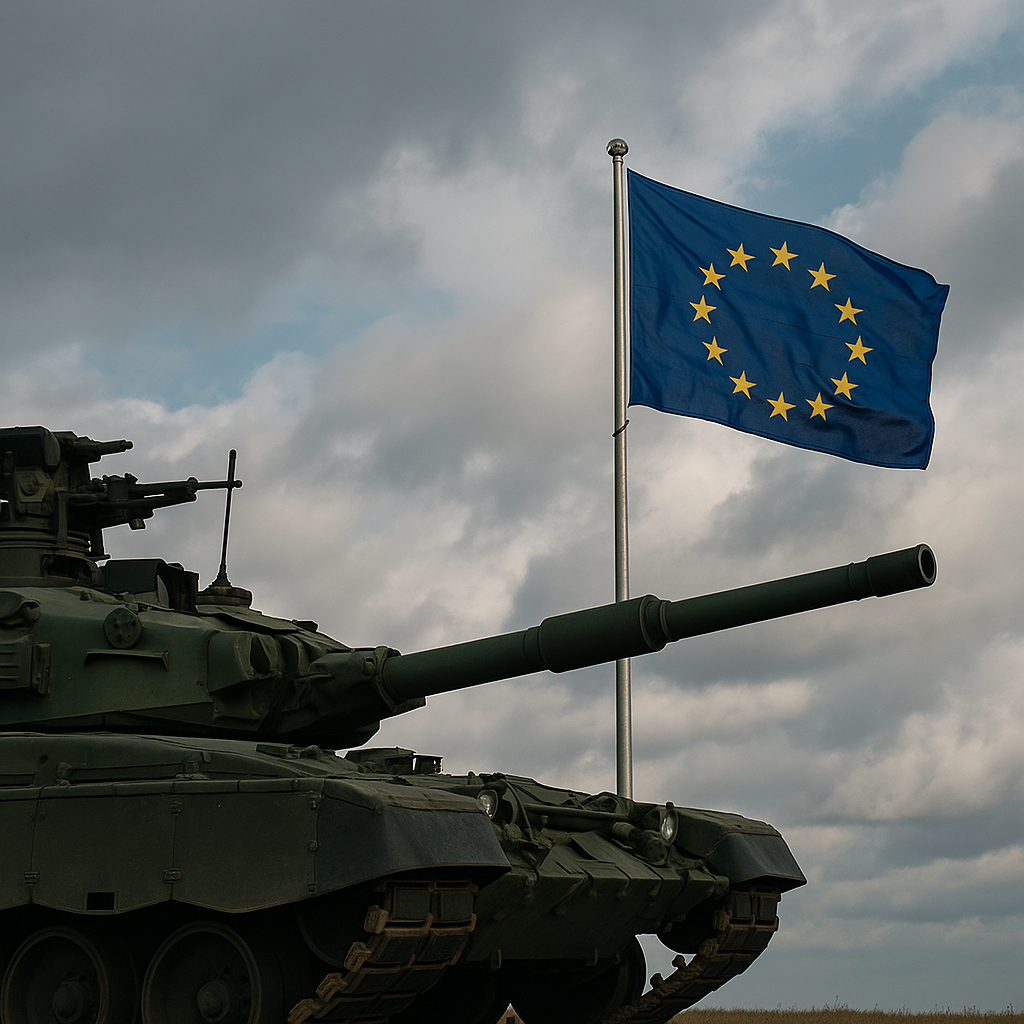How to maintain hard capabilities in times of budget cuts?

This Policy Paper is a contribution of Ronja Kempin (SWP) to the project Think Global – Act European (TGAE). Thinking strategically about the EU’s external action directed by Notre Europe – Jacques Delors Institute (report available in March 2013, dir. Elvire Fabry, Senior Research Fellow, Notre Europe – Jacques Delors Institute).
In times of financial crises and strained public budgets, many countries have decided to cut their defence spending. In order to maintain their hard capabilities despite this process, EU Member States should pool their resources and strive for closer cooperation on military and civilian matters. At this point in time, however, states seek their salvation in bilateral rather than European initiatives, as the Franco-British example shows. Strategic ambivalences and a lack of strategic clarity are the main reason for the CSDP not living up to its objectives. To overcome these obstacles, Member States must agree to substantially deepen their military and civilian collaboration. Most importantly, the EU must enter into a new strategising process to reformulate the scope and reach of cooperation on security and defence matters. Initiating this development and leading Member States towards a new reform agenda should be a top priority for the 2013 European Council.




